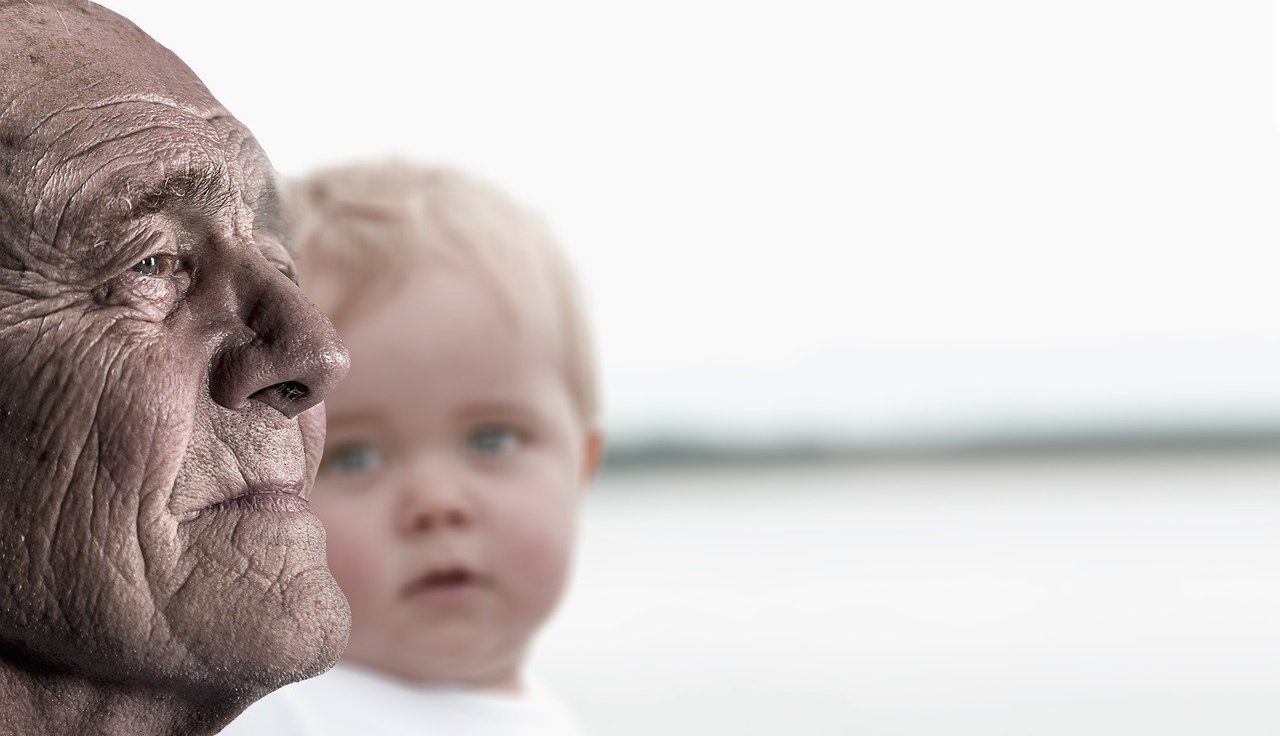The Belgian legislator has recently made successful efforts to make estate planning more accessible. The tax regime has unfortunately not been modified, or at most only here and there. In some situations, the already high tax burden has even increased. Between partners and for the children, the top rate is 27 per cent in the Flemish Region or 30 per cent in Brussels and in the Walloon Region. Heirs of people without a partner or children pay up to 80 per cent inheritance tax in Brussels and Wallonia or up to 55 per cent inheritance tax in the Flemish Region.
In such situations, donating is usually the obvious remedy that is proposed. But is this also a good decision in your situation? If you want to do estate planning, it is wise to be well informed in advance. You can do this based on the questions below.
Can I have an estimate made of the inheritance tax that my heirs must take into account? Yes, we are happy to assist you with this. In line with the introductory meeting, the cost is € 60.
If I donate, can I still receive a periodic income from the donation? Yes, if you stipulate this at the time of the donation.
Does the gift return to the donor if the donee dies before the donor? There is a special inheritance right from children to parents.
The donated goods are inherited by the parents, insofar as they are still “in kind” in the child’s estate. However, that inheritance rule is limited to the straight line. In addition, the condition may cause problems in practice: a donated sum of money may no longer be in kind. It would be better and at the same time more favorable for tax purposes to include a specific clause (a return clause) between the donor and the donee.
Can I revoke a donation under Belgian law? Mostly not. A donation is final. The law permits revocation in very exceptional cases (e.g., in the case of an attack on the life of the donor by the donee). If not, gifts between spouses outside the marriage contract are always revocable. Another ground for revocation is that in which the donee does not meet the obligations of the donation. If the donor and the donee agree, the non-tax consequences of the donation can be reversed. The tax consequences however must be examined separately.
Since a donation cannot be revoked, shouldn’t I choose a will? Actually, the answer would be ‘yes’. A previous will can be revoked at any time by an explicit revocation in a later will, at least if you are of sound mind. The disadvantage of a will is that inheritance tax is due, possibly at the high rates stated above.
Can I make a will in favour of a charity, at a favourable tax rate? Yes, that is possible in the three regions. Note: the popular technique of the duo legacy is made ineffective in the Flemish Region. In the other regions, the duo legacy maintained its less harsh tax regime.
Can companies be useful in succession planning? Companies are a useful asset planning tool, especially for valuable assets. The shares of the company can be transferred to the future generation in a tax-friendly manner, without having to give up control and day-to-day management of the company. Companies are not only useful for businesses or investments. It can be interesting for the administration of valuable or complex real estate to hold them through a company. Except when it comes to houses, there is no registration tax to be paid when goods are transferred to a company.
Could a private foundation be the right tool for estate planning? A private foundation is ideally suited as a long-term asset planning tool. A foundation has no shareholders and no members. It is a separate estate and the payments made by the foundation can be made in a tax-friendly manner, without gift or inheritance tax. The contribution of goods to a private foundation does have a tax cost (5.5 per cent in Flanders, 7 per cent in Brussels and Wallonia). In addition, there is an annual property tax of 0.17 per cent.
Do I also have to consider anti-abuse tax provisions in estate planning? Certainly yes. Depending on your personal or family situation and the time perspective, the options we propose will differ. You will also know the tax burden of these options. We strive for solutions that give you peace of mind. Would you like advice regarding your situation? Please feel free to contact us without obligation.
